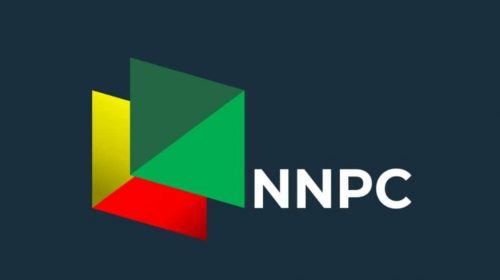FG pays N2.1trn interest on domestic debt in 2021

Federal Government of Nigeria paid a total of N2.05 trillion to service its domestic debts in the year 2021.
This represents an increase of 10.8 per cent when compared to the N1.85 trillion incurred in 2020 the hight of the Covid-19 pandemic.
This figures are based on the report on Nigeria’s debt service data, released by the Debt Management Office (DMO). A detailed look at the data showed that a sum of N1.66 trillion was paid as interest on federal government bonds, which accounted for 80.8 per cent of the total amount incurred which is the highest on record.
Nigeria’s domestic debt profile rose by N3.49 trillion in 2015 to N23.7 trillion as of December 2021 from N20.21 trillion recorded in the previous year. Domestic debt accounted for 59.9 per cent of Nigeria’s total debt profile, while external debt represents 41.1 per cent of the total. The rise in the country’s debt profile is attributed to the N5.6 trillion budget deficit by the federal government. Recall that the federal government signed a budget of N13.59 trillion for 2021, which needed a sum of N5.6 trillion to fund the deficit. The budget deficit for the year informed the need for a N2.34 trillion new loans each from both domestic and foreign sources, N709.69 billion multilateral/bilateral loan drawdowns and N205.15 billion privatisation proceeds.
A further breakdown of Nigeria’s domestic debt service, a sum of N81.81 billion was incurred as charges for Nigerian treasury bills, accounting for 4 per cent of the total amount. In the same vein, a sum of N219.41 billion was paid back as part of the principal for promissory notes, while N25 billion was paid for treasury bonds. While Nigeria continues to spend a huge sum on servicing both domestic and foreign debts, its revenue bucket is shrinking further, largely due to the decline and underperformance of its oil revenue. A glance at the Medium-Term Expenditure Framework and Fiscal Strategy Paper (MTEF & FSP), by the federal ministry of finance, budget, and national planning, Nigeria generated net oil and gas revenue of N876.54 billion between January and May 2021, which is 49.5% lower than the prorated figure of N1.74 trillion for the same period. The underperformance of the Nigerian oil revenue bucket has been largely due to its inability to improve production quota, which was reduced by the OPEC+ in 2020 due to the covid-19 pandemic in order to drive crude prices up. A move that drove the prices up to around $80 per barrel.
Meanwhile, its non-oil revenue surpassed its target by 7.2%, recording a net non-oil earning of N1.97 trillion over the prorated N1.78 trillion between January and May 2021. The federal government of Nigeria continue to obtain new loans from both local and foreign sources, despite growing debt profile and servicing cost. However, this is necessary given the level of Nigeria’s annual revenue, which has been marred by the decline in crude oil earnings amongst other factors, such as subsidy payments.







Leave a Reply